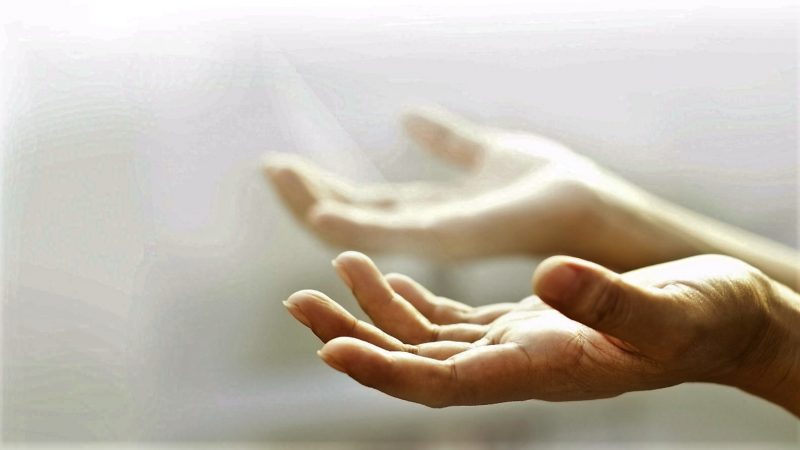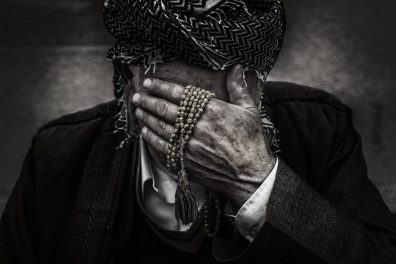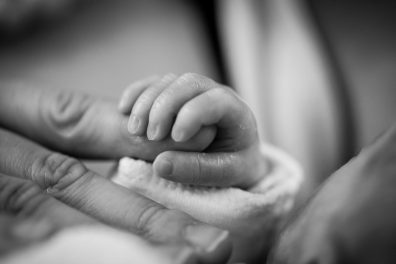We have come a long way in medicine, treating many illnesses and preventing many diseases. As a hospital-based physician, I treat various life-threatening diseases every day throughout the ICU, medical, and surgical floors. On a normal day, I roll at a fast pace – so, admitting, treating and, discharging patients has become fairly routine for me. On any given day, we have an abundance of modern medical expertise and technology at our fingertips, which allows us to work quickly and it is rare that we as doctors are ever truly stumped. But every now and then, I’ll come across a patient that despite even consulting with the myriad of sub-specialists at my disposal, we simply can’t find a cause for a patient’s suffering.
For these patients, treatment options are limited by numerous confounding factors: complications from a potential treatment plan, treatment options that the patient just can’t tolerate, or situations when options are limited by a patient’s financial constraints. In these instances, my fast-paced, ever-thinking mind pauses momentarily and asks for “help” beyond that of which I can provide, help from something greater than myself.
This situation is not common, but it happens occasionally, especially when I feel that a patient is truly suffering and not malingering, faking for some secondary gain. Whether or not this practice offers instant solutions to such a predicament, I pause for a second and simply make an unconditional appeal from the depths of my heart: “I sincerely hope this patient gets relief from his suffering.” Call it simply a plea for the health of my patients, I “pray” for two reasons:
1 – No matter how much we advance as a species or what great technologies we invent, there will forever be situations that are just beyond our logic and rationale. When I have to tell a patient’s family member that there are no options left to save her husband who suffered a stroke or a thirty-some year old who was diagnosed with a metastatic cancer that we are out of options – it is no easy task. We are trained as medical professionals to “break the news.” As doctors, all we can do is best utilize the resources that we have at our disposal and do that which we are trained to do. Then, when all else fails, the conscientious act of hoping for the best is all that’s left.
2 – The word “patient” in Latin actually means – “sufferer.” Patients expect doctors to alleviate all pain. I find the process of helping to get people out of their suffering the most satisfying experience of all. With every such attempt, I feel as though I am fulfilling my purpose as a human being. Seeing a parent’s eyes glow to see their child jump again from being listless, or reassuring an individual with newly diagnosed diabetes that they are not alone in the challenges ahead, or providing patients with resources that will come in handy when they leave the hospital after a traumatic diagnosis – these are a few acts that give my life purpose.
Even in my medical triumphs, at the end of the day, I still acknowledge that I am only an agent to help the patient heal. This act of graciously acknowledging when patients get well or appealing for the benefit of a sick patient is what I consider to be “prayer.” Whether it works or not, patients and their families feel emotionally and physically stronger when they are sure that both known and the unknown forces are on their side.
No matter how much we advance as a species, there will forever be situations that are just beyond our logic and rationale.





